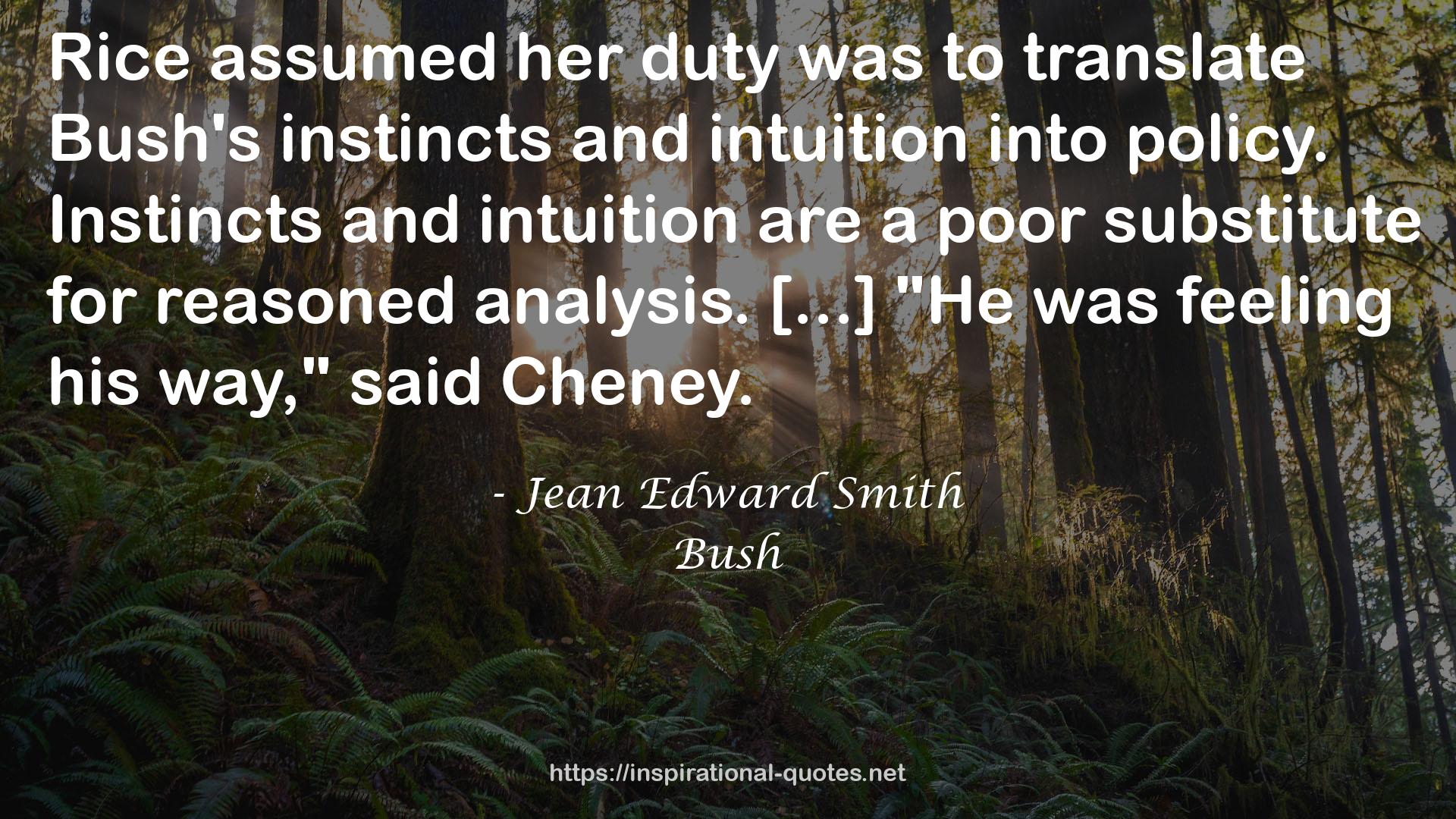Bush QUOTES
SOME WORKS
- Words Are Not Things
- Our Chemical Hearts
- Education for Special Needs: Principles and Practice in Camphill Schools
- My Lady Ludlow and Other Stories
- A Winter's Promise (The Mirror Visitor #1)
- What is Called Thinking?
- The Storm (The Rain, #2)
- The Tao of Pooh
- Winnie-the-Pooh and Some Bees
- The Best Bear in All the World

